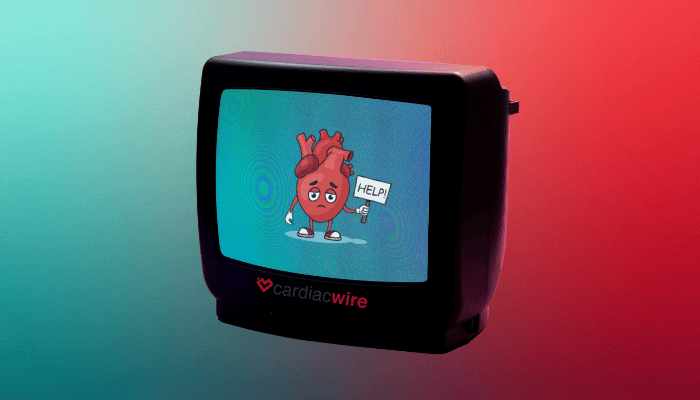One of the biggest risk factors for patients who need coronary revascularization is diabetes, and a new study in JAMA suggests CABG could be a better option than FFR-guided PCI when it comes to long term outcomes for these patients.
- The debate has been heating up over the last few years on PCI vs. CABG for improving heart bloodflow, but few studies have looked at the benefits for patients with T2D.
- Some studies have crowned CABG while others support PCI, but evaluating the additional complications of T2D could help guide treatment decisions.
For a more nuanced head-to-head, researchers examined data from the FAME 3 trial for 428 patients with T2D who received either FFR-guided PCI with a drug eluting stent or CABG, finding that CABG patients had lower risk of MACCE after three years.
- Patients with T2D who underwent PCI had a 44% higher MACCE risk than those who underwent CABG.
- The same effect was true even for non-diabetic PCI patients, who had a 50% higher MACCE risk than non-diabetic CABG patients.
CAD complexity also played a role, because MACCE risk from the two procedures varied based on a patient’s SYNTAX score (a measure of CAD complexity)
- Patients with a low SYNTAX score (<23) faced little to no difference in MACCE risk between PCI and CABG.
- Meanwhile, those with higher SYNTAX scores (≥23), had a higher risk of MACCE when receiving PCI over CABG – regardless of T2D status.
For the researchers, the risk differences seemed to indicate that CABG is the better long-term choice, regardless of diabetes and especially when the patient’s CAD is more aggressive.
The Takeaway
This study certainly favors CABG for patients with or without T2D, and it’s in line with other recent studies that support the procedure over PCI. That said, it’s important to remember that like with other cardiovascular procedures, there probably isn’t a blanket solution for all patients.





